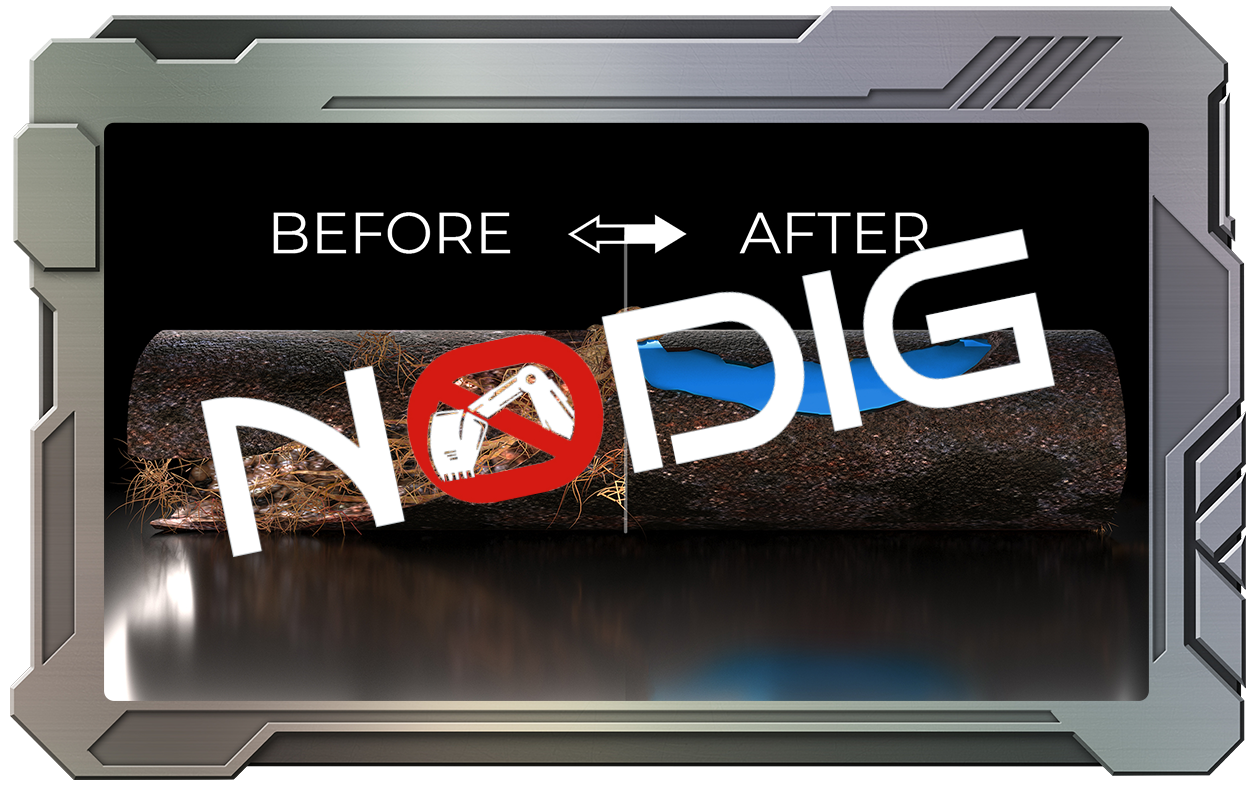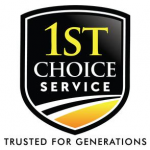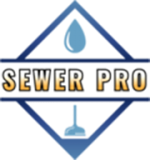Storm water is precipitation that runs off impervious surfaces like building rooftops, streets, parking lots, and construction sites.
Due to paved streets and buildings, this runoff does not seep into the ground and collects pollutants as it runs across various surfaces.
Storm sewers collect stormwater runoff from developed areas to prevent flooding.
What Is a Storm Water System?
A stormwater system consists of a system of pipe networks underground.
Stormwater management involves collecting storm water runoff that flows from storm drains into catch basins.
It's separate from the sanitary sewer system that collects home wastewater and channels it into a wastewater treatment plant.
Unlike wastewater, most storm water is NOT treated at a wastewater treatment plant.
This runoff is instead released to natural or man-made surface water such as rivers and lakes.
Why Should You Manage Stormwater?
Storm water runoff is NOT clean water.
Correct stormwater management practices are crucial for many reasons:
Prevent Flooding
In urban areas, storm water cannot seep into impervious surfaces like concrete. It poses a greater risk of flooding due to excess water.
Adapting the best management practices and flood control can prevent property damage and death due to flooding.
Prevent Erosion
The extra water from rain and snowmelt events increases the volume of storm water runoff that flows into waterways.
Increased volume of stormwater causes soil erosion over time.
It can lead to the deterioration of natural streams and lakes, ultimately affecting plant and aquatic life.
The best management practices for stormwater systems include erosion and sediment controls that help prevent the degradation of wildlife.
Prevent Water Pollution
Storm water carries off pollutants as it flows from storm drains and into surface waters. There are different types of pollutants:
- Garbage
- Pesticide and herbicide
- Pet waste
- Heavy metals
- Sediment
- Bacteria
- Other pollutants
Polluted runoff can contain high concentrations of pollutants like bacteria and human pathogens that can THREATEN human and animal health.
Preserve Plant and Aquatic Life
In a natural environment, storm water runoff naturally absorbs into the soil and reduces groundwater recharge.
Due to man-made structures in developed areas, the flow of stormwater into water resources is altered.
Improper management practices can bring pollutants and cause erosion that disrupts natural wildlife.
How Do You Manage Stormwater?
Developing stormwater pollution prevention plans and adopting best management practices can help prevent contamination and environmental damage.
The National Pollutant Discharge Elimination System (NPDES) has developed programs that meet local, state, and federal stormwater regulations.
NPDES permit requirements are needed in implementing a stormwater program.
The U.S. Environmental Protection Agency also regulates construction activities through programs that minimize contamination coming from construction sites.
There are also watershed protection efforts being made by scientists and volunteers to solve water quality issues.
Individuals can do their part by constructing rain gardens or implementing infiltration practices to combat soil erosion and stormwater pollution.
What Is Sewage?
Sewage, also known as wastewater, is contaminated water that contains fecal matter, industrial waste, debris, and other waste products disposed of in drains.
It's a major source of harmful microorganisms like viruses, bacteria, and parasites.
Unlike stormwater, which comes from precipitation, sewage water is produced by human activities.
What Is an Onsite Sewage Facility?
An onsite sewage facility (OSSF) is designed to collect and treat wastewater from homes and businesses.
It involves a septic tank that holds the wastewater and an effluent filter that prevents solid particles from clogging the drain field.
The wastewater is finally treated and dispersed in the soil absorption field.
What Are the Different Types of Sewage Water
There are THREE TYPES of sewage water:
Black Water
Black water is wastewater from bathrooms that contain excrements like feces and urine.
This type of sewage water is particularly dangerous because it contains bacteria from human waste that can cause severe illnesses.
Waste Water
Wastewater is any water that's been used, such as from domestic, commercial, or construction activities.
There are TWO TYPES:
- Sewage - Waste water produced by domestic activities coming from houses, apartments, schools, etc.
- Non-sewage - All other types of wastewater, including stormwater and water from businesses and industrial plants
Grey Water
Grey water refers to water that comes from sinks, showers, and washing machines.
It contains less contamination than black water, which makes it easier to treat. You can recycle it for irrigation and cleaning.
Frequently Asked Questions
Here are some commonly asked questions regarding stormwater and stormwater management:
Stormwater runoff is typically conveyed directly into whichever water body is nearby, such as a storm drain or stream.
Eventually, stormwater discharges into the ocean.
It can also pool in lawns, sidewalks, or parking lots in developed areas, leading to flooding around homes, businesses, and roads.
Rain gardens are located in sloped areas where stormwater naturally travels, such as streets, parking lots, and storm sewers.
Its purpose is to CONTAIN excess stormwater.
The garden is a natural filtration system filled with wetland plants and soil that absorb water and improve water quality.
Conclusion
Stormwater runoff from storm sewers carries potential CONTAMINANTS that can pollute our water supply.
Without proper management, stormwater from construction sites can also cause soil erosion that damages natural habitats.
The Environmental Protection Agency and other organizations aim to regulate the negative impact of stormwater.
Adapting management practices can help reduce the pollutants that contaminate bodies of water.
It's great to be listed on NoDig
-
Join a network of verified sewer repair specialists
-
Get recognized
-
Update your business information
Unlock your listing in minutes.






